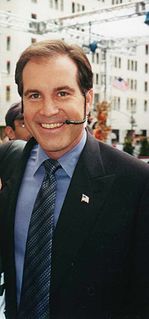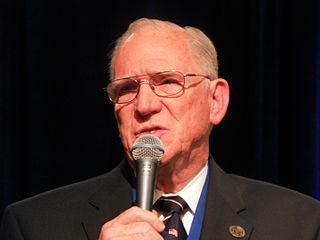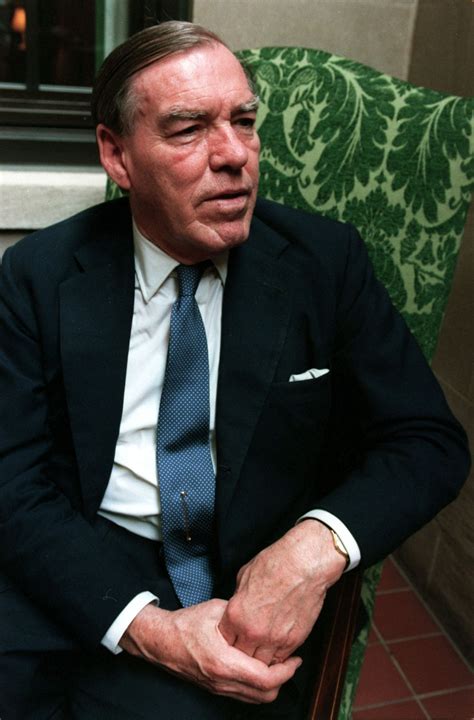A Quote by Mary Quant
In the first half of the 20th century, fashion was simply not a very English thing to do.
Related Quotes
D-Day represents the greatest achievement of the american people and system in the 20th century. It was the pivot point of the 20th century. It was the day on which the decision was made as to who was going to rule in this world in the second half of the 20th century. Is it going to be Nazism, is it going to be communism, or are the democracies going to prevail?
It's a historical thing, up to the 19th century the English hated the French. Then in the 20th century the English started to hate the Germans - as we began to move alphabetically through the map of the world. Now, the year 2000, we are fine with the Germans... but the Hungarians are pissing us off.
When I first started to do fashion shows I didn't have the budget to hire top models so I would cast women who inspired me, and ask them to walk how they walked. I was doing a mise en scène, which for me was normal. I love for people to see my clothes, but it was more about the attitude of the girls. The revues of the late 19th century/early 20th century were very much a reflection of what was happening in society and politics, and for me that is also the role of the fashion designer.
The result of these ungodly unions was a race of very wicked and very powerful hybrid (half-fallen angel, half-human) offspring - the Nephilim - who corrupted, harassed, even killed mankind. Now, at the end of the 20th century, we have the return of "alien" entities with apparent supernatural powers.
The different American experience of the 20th Century is crucial because the lesson of the century for Europe, which essentially is that the human condition is tragic, led it to have a build a welfare system and a set of laws and social arrangements that are more prophylactic than idealistic. It's not about building perfect futures; it's about preventing terrible pasts. I think that is something that Europeans in the second half of the 20th century knew in their bones and Americans never did, and it's one of the big differences between the two Western cultures.








































